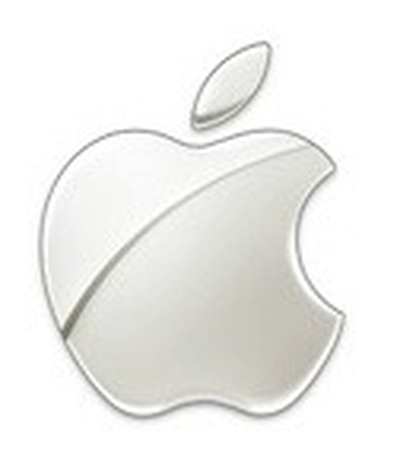 Apple directors Bill Campbell and Millard Drexler recently exercised and sold more than 42,000 Director Stock Options according to documents filed today with the SEC.
Apple directors Bill Campbell and Millard Drexler recently exercised and sold more than 42,000 Director Stock Options according to documents filed today with the SEC.
Drexler, the chairman and CEO of clothing retailer J. Crew, exercised a series of Director Stock Option grants from 2007, 2008, 2009 and 2010, for a total of 32,562 shares at exercise prices ranging from $113.62 to $202. He then turned around and sold the shares for roughly $449 each. Drexler netted roughly $9.5 million from the haul, the stock options being by far the most significant benefit of being on Apple's Board of Directors.
Campbell, who is chairman and the former CEO of intuit -- and the longest tenured director at Apple -- exercised a 10,000-share Director option grant at a strike price of $10.19. He then sold the stock for $440/share, for a net of $4.3 million.
Apple Non-Employee Directors typically make $50,000 per year in cash plus an additional stipend for serving on the various director committees. Tim Cook does not receive any additional pay for serving on the board.
In addition, under the Company’s Board of Directors Equipment Program, each Non-Employee Director is eligible to receive, upon request and free of charge, one of each new product introduced by the Company and is eligible to purchase additional equipment at a discount.





















Top Rated Comments
First world problem? What problem are you referring to?
A first world problem is when your Bentley is in the shop so you have to decide whether to take your Ferrari or your BMW to the premier of "Jobs."
Sorry if you misunderstood and misread my post, but I didn't say there was a problem so much as I said "first world problems" to have that kind of cash and still get free ****. It wasn't aiming at anything else.
As roninnder pointed out, there's no real problem there...
But if one of them starts complaining that their free computer was considered a taxable benefit and they had to pay taxes on it, now that would be a first world problem!
A nice little perq to be sure, but just gravy to these directors, most of whom are well-heeled current or former executives.
These board members currently or previously involved with other tech companies, are always a bit of a double-edged sword: On the one hand they bring an incalculable amount of know-how and savvy to a company's boardroom, but on the flipside, with their intimate knowledge of the business plans of at least two companies, there is an undeniable potential for a conflict of interest, and by the time they excuse themselves from their tenure, the damage may have already been done.
You got a few thinks wrong there. For one, Mansfield hasn't left. He's in charge of "special projects." His removal from the executives team was his choice, as he didn't want to be distracted from the special wireless/semiconductors technology he's working on.
Many of the SVPs gone from the company that you listed were over failures or mistakes (Forstall, Browett, Williamson, Papermaster). To me, the firing of such individuals indicates a step forward for Apple because it shows the company's willingness to make changes. Most of these SVPs aren't a loss to the company.
As for selling stock, people do so in order to make money. Since this article focuses on board directors as opposed to actual company executives, I wouldn't be too concerned. In Oppenheimer's case (an Apple executive), he sold his stock under a schedule that dates back to November 2011, suggesting that his decision wasn't based on a belief of Apple's failure, especially back in 2011 when Apple was growing like crazy!
I think your spidey senses are a bit frayed. :D
It's routine for executives to sell stock in their companies as a way to diversify their holdings. It's not smart business sense to hold stock in all one company.
Plus, all of these guys know that they have many, many more shares coming their way via RSU grants that have not vested. They aren't actually selling "all" their stock -- just the stock they are actually allowed to sell!
Also, executives (not directors) are now required to hold a multiple of their yearly base salary in Apple stock.